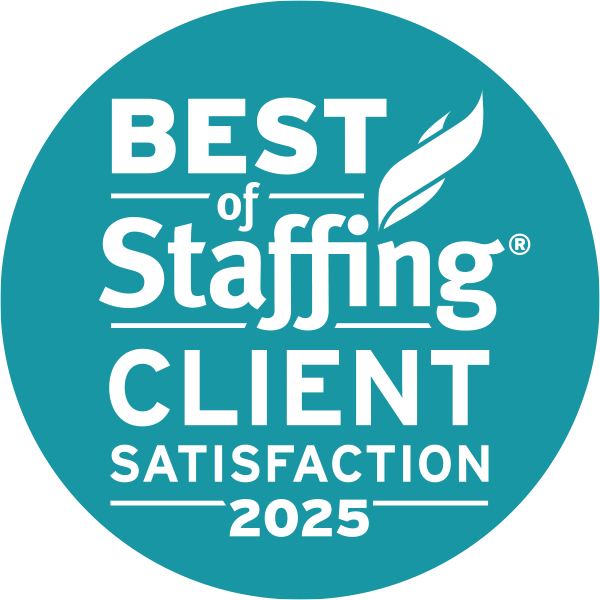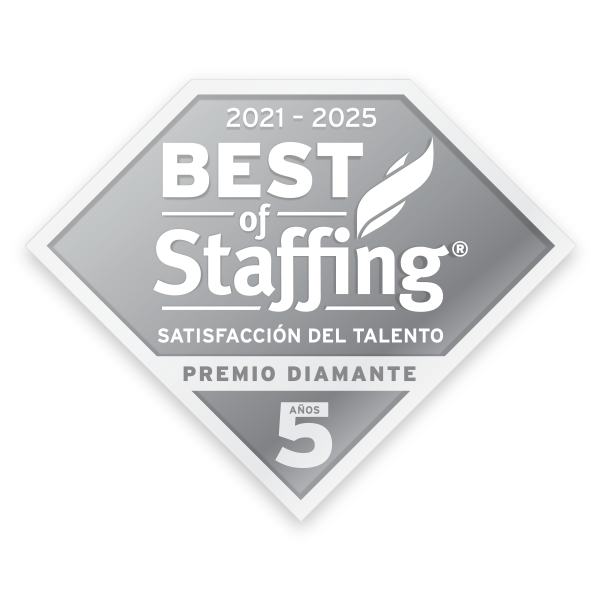Yesterday Google updated their “What’s an SEO?” page, and integrated new content that focuses on the benefits website owners can get from employing an SEO. In previous versions of the page, the messaging was more focused on how to identify “bad SEO” practitioners than talking about how to identify “good SEO” practitioners.
As part of the update they provided a list of questions companies can ask to qualify an SEO. I decided to take a look at each question individually and assess how each question can help you find the right SEO.
1) Can you show me examples of your previous work and share some success stories?
Evaluating prior experience and previous successes is integral to finding a quality SEO. When a candidate reviews his / her experience, you want to ensure you are digging deep enough to understand if they are the right fit for your company. Some follow-up questions you might want to ask include:
-
What industry were you working in — one that was highly competitive where everyone has an online presence, or a small niche industry where using the internet is revolutionary?
-
How many keywords did you achieve top 20 rankings for? Were they long-tail terms, or just brand names?
-
What resources were you given to achieve these results? A full suite of tools, or a mouse and your own ingenuity?
-
What was the site like before you arrived? Was it tear-down and rebuild, or did it just need proper optimization?
-
Were you working with anyone else, i.e. agencies, other in-house SEOs, or various departments within the company?
2) Do you follow the Google Webmaster Guidelines?
Google’s Webmaster Guidelines are a great foundation to the structure of any website. Having an SEO who follows their guidelines will ensure that your site isn’t penalized because of unsanctioned practices and techniques. Generally if a candidate has any hesitation about following Google’s guidelines they may be working outside the lines and might be practicing black hat techniques; which are risky and can cause your website to be removed from Google’s index.
3) Do you offer any online marketing services to complement your organic search business?
Depending on your needs you may be looking for someone to handle more than just the optimization of your website. Many SEOs are also qualified to handle various aspects of online marketing, including paid advertising, social media marketing, press releases, link building, and many of the backend procedures needed to support your marketing campaigns. If you are looking to hire someone who can handle these extra duties make sure you have appropriate assessments ready for each additional area.
4) What kind of results do you expect to see, and in what timeframe?
When optimizing your website, it is all about long term success. If an SEO guarantees you a number one ranking, be very weary. Many of the best candidates will be very pragmatic about guaranteeing you anything, but will have no problem providing you with a timeline of what they aim to accomplish throughout the length of the project. In order for an SEO to give you an accurate timeframe, they need to have a good understanding of the depth of your website as well as its current condition. The timeframe for optimizing a 20 page site will be very different from optimizing a 300 page site. As changes are made, you should expect to see increases in traffic to your website, but biggest spikes will likely be after optimization is complete.
5) What’s your experience in my industry?
When optimizing a website, having relevant knowledge about the industry is a huge advantage. From researching keywords to crafting the messages on the website, relevant knowledge and experience help make a better website. Depending on your particular project and industry you should determine how much of an advantage previous industry experience might be. If you end up with two nearly identical candidates, where the industry experience is the only differentiator, its a no-brainer to go with the candidate with industry experience. When you end up with one candidate who is very strong with no relevant industry experience, and another candidate who isn’t as strong, but has extensive experience within your industry, it will be a tougher decision. In cases like these a number of other questions will come into play. Are the salaries different? Would each person fit well within your corporate culture? What is the learning curve to understand your industry? What might the cost be if you choose the wrong person?
6) How long have you been in business?
This question goes hand in hand with the first question about experience. If someone has been performing SEO since the first SERP appeared, but has just opened up shop, you might want to be weary about how well they will be able to manage your account and their employees. Personally they might be top-notch experts, but that doesn’t mean the people they are managing are also experts. Someone who has been in business for 10+ years will have more experience managing projects, managing employees, and handling problems that arise. Ask for a list of previous clients, and look at the jobs they performed for them. Are there any that seem to have been in similar situations as yourself? Do all of the client’s websites look identical? Which client’s have taken advantage of the same services you are looking to use?
Whenever you are spending money on SEO you need to be sure you are spending it wisely. There are a number of people looking to make a quick buck off the majority of the population that doesn’t understand SEO. As long as you assess all your needs properly and are patient when searching for the right candidate to handle your SEO, you will avoid wasting time and money on someone is not properly qualified for the job.







